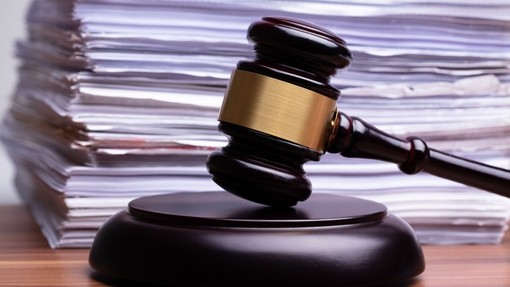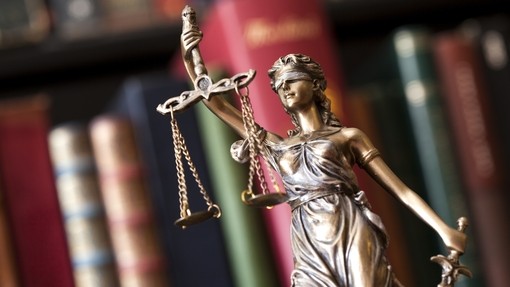How would the UK Supreme Court decision in PJS -v- News Group Newspapers Ltd [2016] UKSC 26 impact the development of privacy rights in Hong Kong?

Details
Case Summary
The claimant PJS (a celebrity) was engaged in a three-way sexual encounter with two other people who approached some of the mass media for publication of the story. PJS applied for an urgent injunction on the grounds of invasion of privacy to prevent any publication.
Initially, the High Court refused PJS’s application. PJS appealed to the Court of Appeal, which was allowed. Nevertheless, details of PJS’ activities and the names of the parties involved were subsequently published in the USA, Canada and Scotland. The respondent of the case, News Group Newspaper Ltd (NGN) therefore applied to the Court of Appeal to discharge the injunction in that the information protected by the injunction had now entered the public domain, and the injunction thereby served no useful purpose. The Court of Appeal granted NGN’s application subject to a stay to allow PJS to seek permission from the Supreme Court for a further appeal. The Supreme Court subsequently allowed PJS’ appeal (further discussed below).
The current Hong Kong position regarding the right to privacy
In Hong Kong, the right to privacy is constitutional, as guaranteed by the Basic Law:
- Article 29 prohibits arbitrary or unlawful intrusion into a resident’s home or other premises;
- Article 30 prohibits infringement of privacy of communication.
Similarly, the International Covenant on Civil and Political Rights (which guarantees, amongst others, the right to privacy) was given constitutional status by Article 39 of the Basic Law and was incorporated into Hong Kong law by the Hong Kong Bill of Rights Ordinance (Cap 383) (BORO).The BORO, however, binds only the government, public authorities and their agents.
As between private individuals, invasion of privacy is not an actionable tort per se in Hong Kong. However, depending on the circumstances, the factual situation leading to invasion of privacy may fall within an existing recognised category of tort.
- Trespass to land/nuisance – unjustified entry into one’s private premises is a trespass to land. Prolonged interference to one’s enjoyment of the property may constitute nuisance. However, an isolated incident where there is invasion of privacy is not protected by the tort of nuisance.
- Breach of confidence – disclosure of information obtained from another person knowing that the other person intends the information to be kept confidential is a breach of confidence. However, it aims to protect only confidentiality and the trust which the informant has reposed in the confidant. Its aim is not to provide protection from emotional distress or embarrassment caused by an infringement of privacy, especially where there is no trust placed by the aggrieved in the discloser, as in the PJS case.
- Infringement of copyright – it could be an infringement of copyright if a person publishes a private letter or photograph without authorisation from the author. However, infringement of copyright is only actionable by the copyright owner, who usually is the author. For example, a person whose photograph was taken by another person has no action under copyright. Similarly, a person mentioned in a private letter which is publicised does not have a cause of action.
- Other causes of action – examples are defamation and malicious falsehood. Nevertheless, the information publicised must have been false to give rise to these actions.
If the facts do not fall within the ambit of any recognised existing tort, then no action arises simply because there arguably is an invasion of privacy.
Impact of the PJS case on Hong Kong law of privacy
The significance of the PJS decision is that it represents a break between privacy and confidentiality. The UK Supreme Court’s finding turns on the balancing exercise between Article 8 (right to respect for private and family life) and Article 10 (freedom of expression) of the European Convention on Human Rights (ECHR), as well as the consideration of public interest. It does not at all turn on the tort of breach of confidence.
In Hong Kong, Articles 29 and 30 of the Basic Law and Section 8 Article 14 of BORO resemble Article 8 of the ECHR. However, there have been no cases between private individuals in relation to the invasion of one’s privacy argued at the constitutional level, i.e. resorting to the Basic Law. The PJS case may thus affect the future development of privacy law jurisprudence in two ways.
First, the PJS case may inspire litigants to resort to the Basic Law and the BORO rather than relying merely on existing tort law when pursuing a claim for a de facto invasion of privacy. Secondly, when litigants are inspired to raise such an argument, the PJS case will very likely be the only authority that the Hong Kong courts could refer to. The more probable variant factor is the ‘public interest’ element, since it relates more closely to the evolving social values than the relatively inflexible legal rules. Undoubtedly, the social values in Hong Kong differ from that in the UK.
On the other hand, the Law Reform Commission of Hong Kong (LRC) published a consultation paper in 1999 in respect of the civil liability for invasion of privacy. The report was published in 2004. The LRC’s recommendations are positive towards the implementation of a statutory tort on the invasion of privacy. With the momentum given by the PJS case, it can be envisaged that both common law jurisprudence and legislation will move faster to establish civil liability for invasion of individual’s private life.






